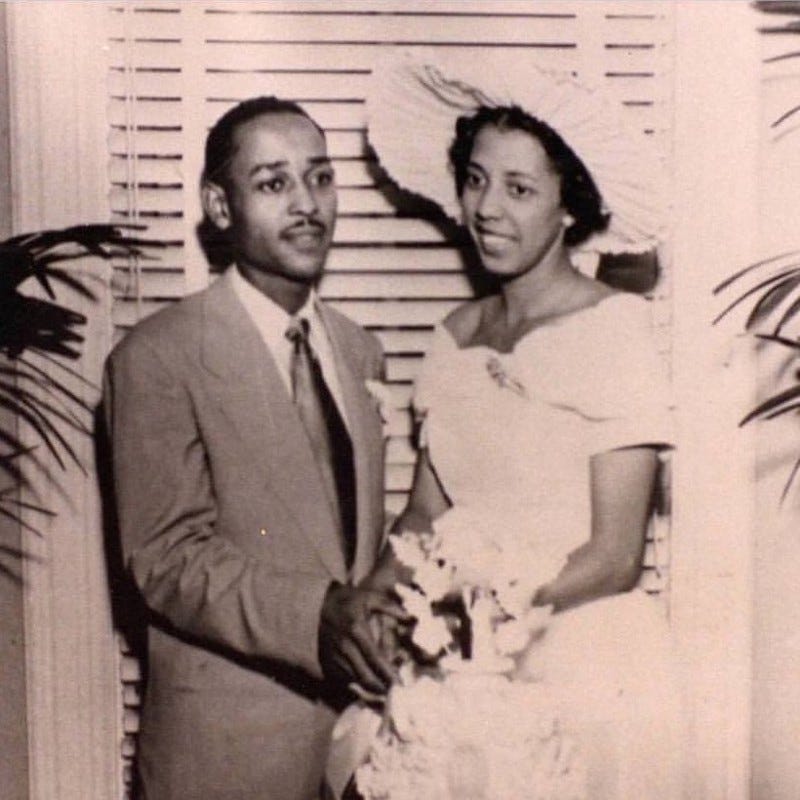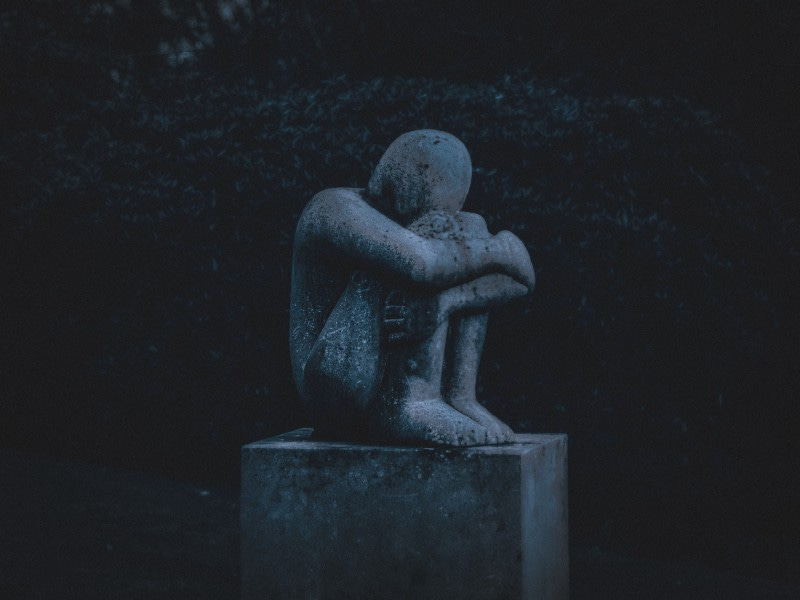I am a way-past-grown woman, married, with six children and two grandchildren. I was blessed to have my parents with me for a very long time. My father died in February 2009, just shy of his 89th birthday. My mother died in December 2018, at age 94. My parents were married for almost sixty-three years before my Dad died and my sisters and I had a wonderful childhood and a beautiful middle-class family life. I miss them so much. My grief has never stopped, but it has changed.
Defining Grief
The dictionary defines “grief” as a feeling of deep sorrow, especially that caused by someone’s death, however, there are many other definitions of grief. Today, grief is often defined as the keen mental suffering or distress over a loss or affliction — a sharp sorrow — a painful regret. Many people experience the type of grief that comes with regret about doing or not doing something specific, and many people experiencing the death of a loved one feel regret about things said and unsaid now that it is too late.
I personally think that the greatest loss due to death is the death of a child. I think that’s worse than the death of a parent because your child is not supposed to go before you. When you lose a parent, especially if you had a wonderful relationship with that parent, it is very hard, but it is the natural order of things. Losing a child is NOT how things are supposed to be.
But losing your parents is hard. Your parents were your rock. Your parents made the meaning of “family” real and tangible for you. Your parents were your first teachers. Your parents were your caretakers and guardians, and if you were lucky, as you grew into adulthood, your parents also became among your best friends.
Even when you lose your parents as an adult, the grief never ends.
The Five Stages of Grief™️
In 1964, Dr. Elisabeth Kübler-Ross published her seminal book, On Death and Dying, based on one the most important psychological studies of the last twentieth century on the interrelatedness of death, life, and transition. In this book, Dr. Kübler-Ross detailed her now-famous definitions of the five stages of grief stemming from death: denial, anger, bargaining, depression, and acceptance. Like me, others who have lost their parents have experienced moving through each of these stages.
Denial
When your parent dies, even if the death is expected after a long illness, the first stage of grief is denial. Even if you know that death has happened, you still find yourself screaming: “No! No! It’s not true!” You go into a kind of shock, you go numb, you feel overwhelmed. At this first stage, it takes all of your strength just to get through each day, but the denial and shock prepare us to eventually survive the death. When you are in denial about the reality of your parent leaving you, you are able to pace your grief, because there is really only so much you can handle at once. Later, however, all of the feelings you suppressed during the denial will eventually resurface.
2. Anger
Interestingly, anger is a necessary part of the healing process. Even as an adult, you may feel angry that your parent has left you. You probably felt your parents would be there with you forever. You may feel anger, not only against your deceased parent, but also against the doctors, your other family members, and yes, against yourself. But actually, anger is the most easily managed of the stages, because we are used to being angry about a lot of things that we cannot change. Speaking of things we cannot change, just beneath that anger is the pain and realization that you cannot change what has happened. Although we usually think of suppressing anger, acknowledging your anger actually becomes a bridge pointing to the intensity of the love of your parent who has died.
3. Bargaining
Bargaining is one of the saddest of the stages, and if possible, starts before your ill parent has died. You promise to do anything to keep your parents alive. After the death, bargaining is often accompanied by guilt: “What if…” “If only I had…” We want things back to the way they were before. We want our parents with us, healthy and happy. We want the illness to magically go away or the accident to never have happened. We even try to bargain with the pain; anything to make the pain go away. But each of the stages of grief come and go, and can last for minutes, hours, or weeks. As hard as you may try, all the bargaining in the world will not bring back your beloved late parent.
4. Depression
If the bargaining stage keeps us in the past, trying to change the inevitable outcome, depression brings us back to the present. Although depression, in this case, stems from grief, it seems as though this stage will never end, and sometimes, it does not end. It is important to realize that depression is not “mental illness,” nor it is just “feeling blue or temporarily sad.” Depression is a very deep response to a great loss and a normal and natural feeling. When you fully realize that nothing you do or say will bring your parent back, and things don’t get better on someone else’s perceived timeline, you will understand that depression is one more step to take towards healing.
5. Acceptance
When you enter the stage of acceptance, that doesn’t mean suddenly everything is OK. When you lose a beloved parent, nothing is ever OK in that sense ever again. This is the stage where you finally accept that your parent is really gone and this new reality will be permanent. This is where you learn to re-adjust your life and your thinking so that you can operate in this strange new world. Acceptance is the stage where you finally have more good days than bad days. You slowly start enjoying life again, even though you may go through any or all of the stages more than once. You are changing, growing, and evolving. But you have to give this process all the time it needs. You have to go through all of the stages to come out on the other side.
After her original book was published, Dr. Kübler-Ross partnered with David Kessler to write a companion book, On Grief and Grieving, an adaptation of the five stages of grief. Knowing about the five stages of grief, and applying and implementing in your own situation are two different things. While Dr. Kübler-Ross’s work included teaching how to humanely care for the dying and the development of the hospice network, Mr. Kessler has concentrated on teaching doctors, nurses, counselors, police, and first responders who often have to work with people dealing with grief.
About Me
I am an author, public speaker, independent book publisher, solopreneur, and retired educator. The stories on this page are my personal observations about life, living, and purpose.
Follow me on Instagram: @pamela_hilliard_owens, and on my personal Facebook page: Pamela Hilliard Owens. See you soon!





